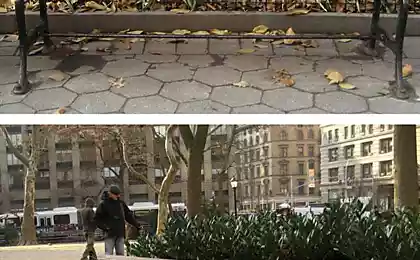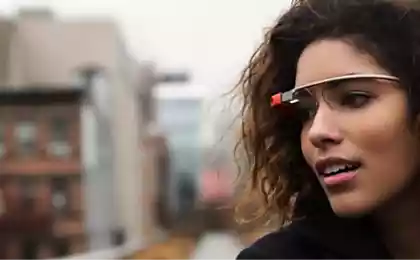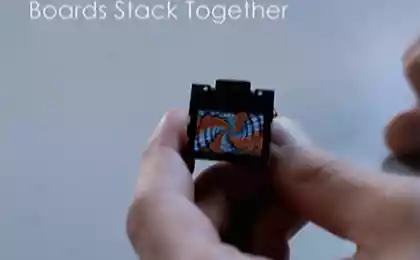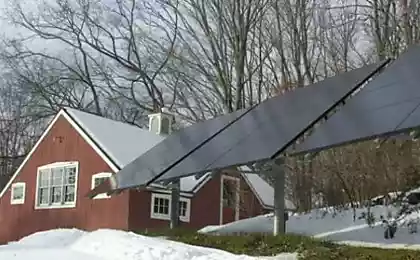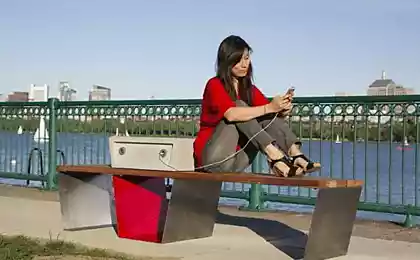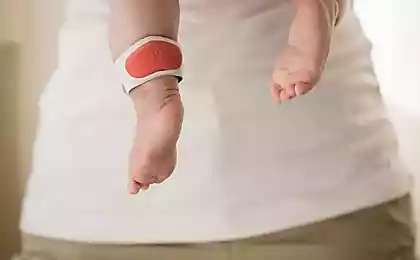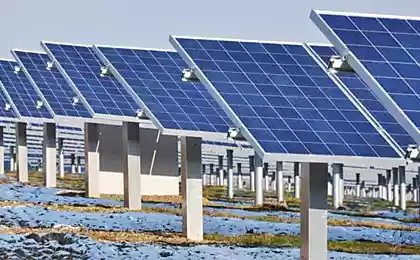464
Smart solar benches will be installed in Boston
The city of Boston a few days ago announced its plans for the project called "Soofa" and installing a series of benches with solar panels that will allow people to charge their phones during the holidays.
A number of parks in Boston will soon get the first dozen smart solar benches, courtesy of Changing Environments, a subsidiary of the MIT Media Lab, specializing in the production of high-tech equipment and design.
The bench includes a solar panel, a pair of charging ports for smartphone (or similar devices), as well as through a series of sensors they can monitor environmental indicators, such as local air quality and noise pollution.
This information is then sent to the project managers via a connected mobile Internet.
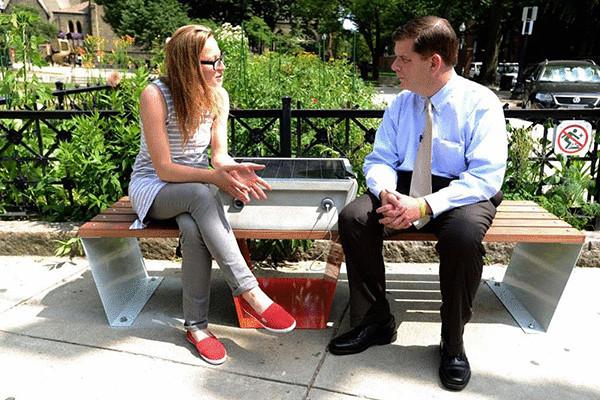
Benches are placed in parks Titus Sparrow Park, the Boston Common, Rose Kennedy Greenway and one additional site which is not defined. The city of Boston invites residents to select an additional location at will, by placing the pointer on the map or writing an email.
Residents are also given the opportunity to name one of the benches on the official website.
"We want to inspire the people of this city to create a new shared social experience. Computers took people off the streets," notes Jutta Friedrich (Jutta Friedrichs) co-founder and designer of the smart urban furniture. "We offer smart furniture in order to invite people to enjoy the clean air, reading the news, sharing a video or check the mail without fear to stay with a dead device."
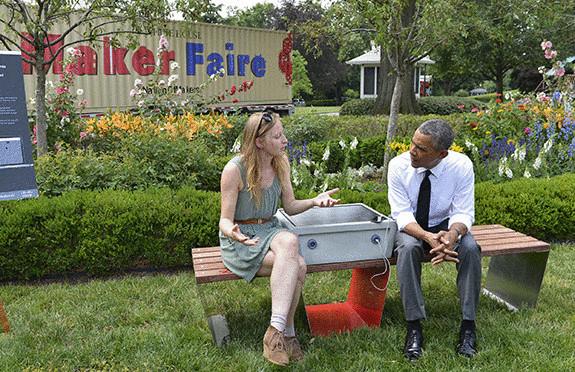
"The creators of smart urban furniture are three women," according to the official website of the project. "They share the same vision: to make you to stay at home, and to walk in smart and sustainable city"
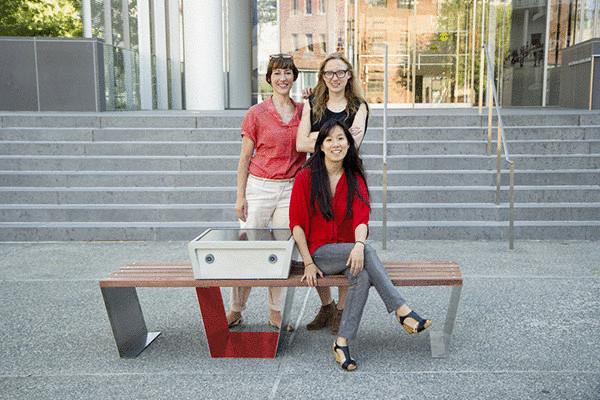
The bench project, which debuted a few weeks ago on the initiative of the White house White House Maker Faire, described as "external charging station with solar energy".
The goal of this initiative is the competitive bidding of the work of inventors and entrepreneurs from across the country. Project solar benches is also part of the program the Verizon Innovation Program, which provides wireless connectivity via the installed benches.
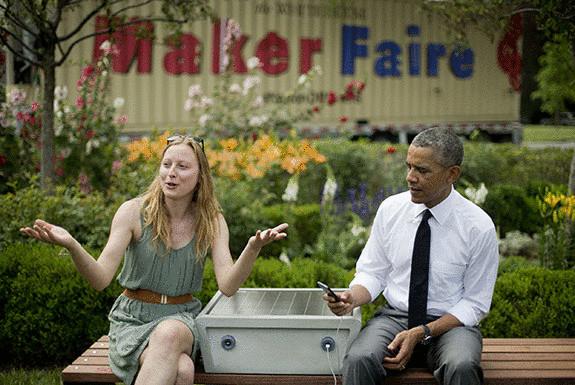
Solar benches propose to charge mobile devices "as fast as you can do at home", they have an internal battery which stores unused energy.
After the system was up and fully operational, the data collected from the smart benches will be available on the official website Soofa, including the number of hours of charging from the sun, the number of people who have used the service, the quality of air and indicator of the level of local noise pollution.
Source: www.ekopower.ru/
A number of parks in Boston will soon get the first dozen smart solar benches, courtesy of Changing Environments, a subsidiary of the MIT Media Lab, specializing in the production of high-tech equipment and design.
The bench includes a solar panel, a pair of charging ports for smartphone (or similar devices), as well as through a series of sensors they can monitor environmental indicators, such as local air quality and noise pollution.
This information is then sent to the project managers via a connected mobile Internet.

Benches are placed in parks Titus Sparrow Park, the Boston Common, Rose Kennedy Greenway and one additional site which is not defined. The city of Boston invites residents to select an additional location at will, by placing the pointer on the map or writing an email.
Residents are also given the opportunity to name one of the benches on the official website.
"We want to inspire the people of this city to create a new shared social experience. Computers took people off the streets," notes Jutta Friedrich (Jutta Friedrichs) co-founder and designer of the smart urban furniture. "We offer smart furniture in order to invite people to enjoy the clean air, reading the news, sharing a video or check the mail without fear to stay with a dead device."

"The creators of smart urban furniture are three women," according to the official website of the project. "They share the same vision: to make you to stay at home, and to walk in smart and sustainable city"

The bench project, which debuted a few weeks ago on the initiative of the White house White House Maker Faire, described as "external charging station with solar energy".
The goal of this initiative is the competitive bidding of the work of inventors and entrepreneurs from across the country. Project solar benches is also part of the program the Verizon Innovation Program, which provides wireless connectivity via the installed benches.

Solar benches propose to charge mobile devices "as fast as you can do at home", they have an internal battery which stores unused energy.
After the system was up and fully operational, the data collected from the smart benches will be available on the official website Soofa, including the number of hours of charging from the sun, the number of people who have used the service, the quality of air and indicator of the level of local noise pollution.
Source: www.ekopower.ru/

